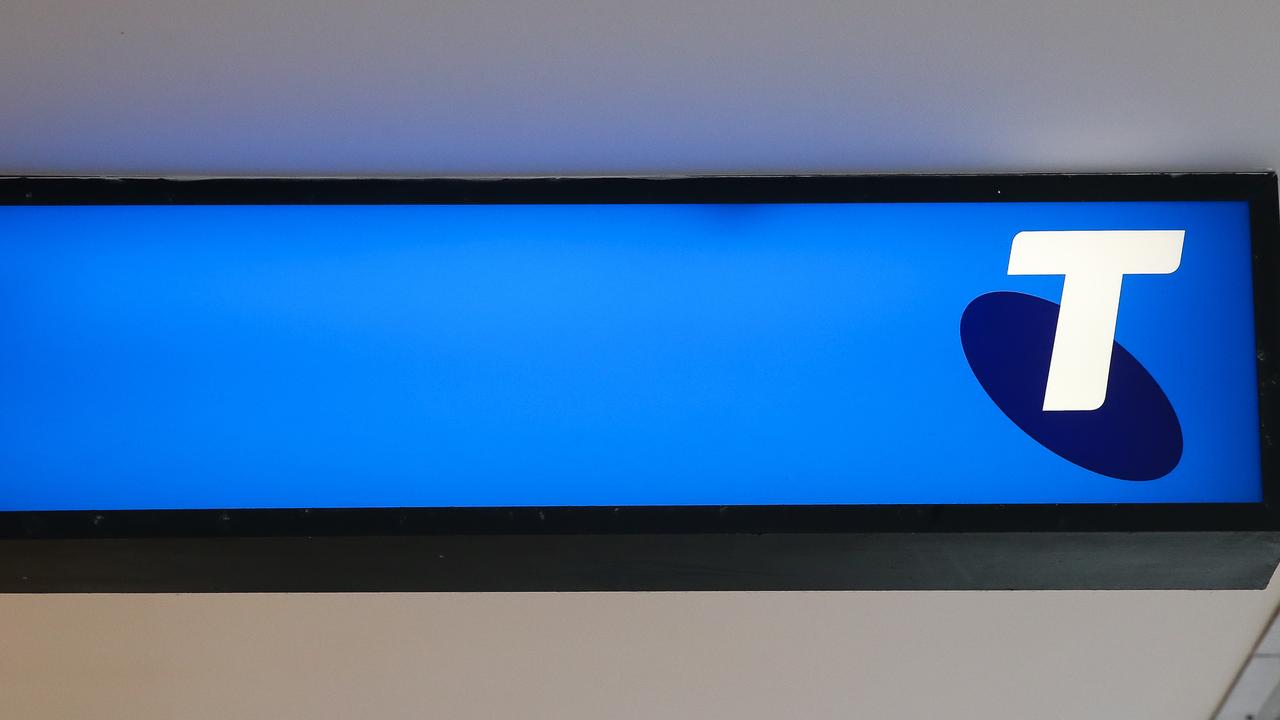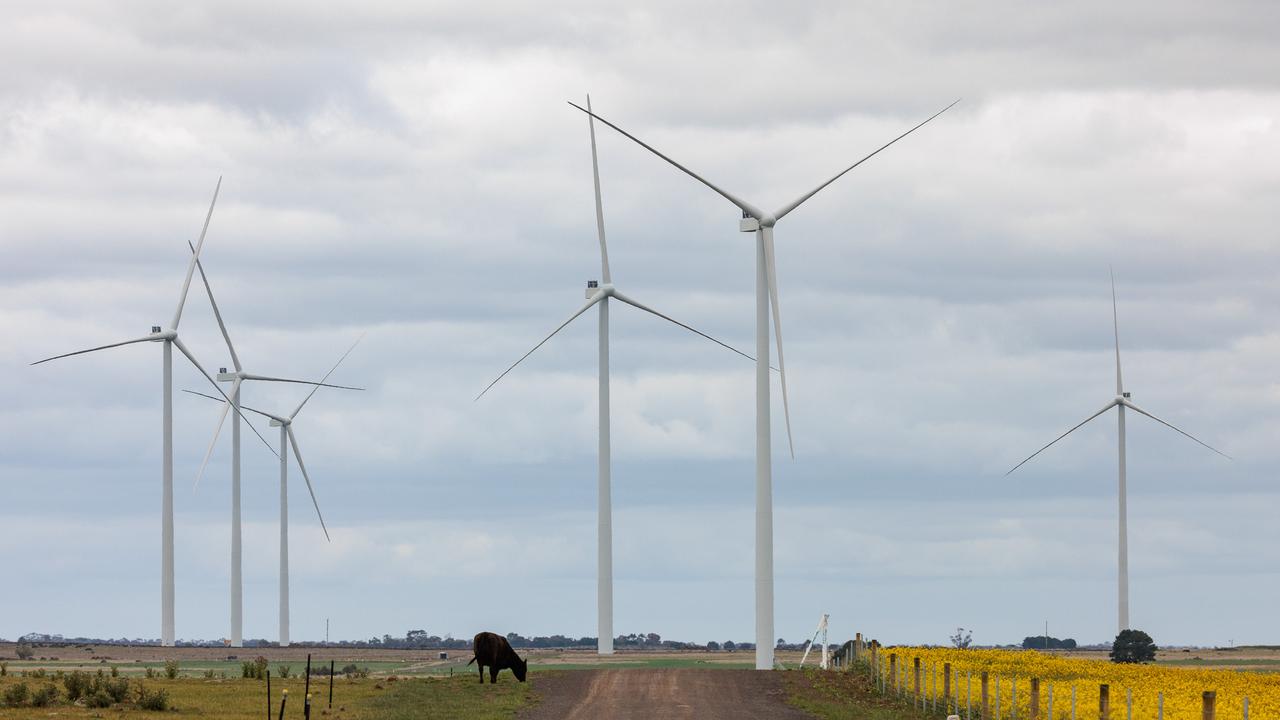Australian tech company Metigy collapses suddenly leaving staff ‘shell-shocked’
Staff at the company were left stunned by the news after the company planned to raise money recently based on a $1 billion valuation.

Staff who worked for an Australian tech company have been left “shell-shocked” by its sudden collapse after it planned to raise money with a valuation of $1 billion.
The company called Metigy was founded in 2015 and offered an artificial intelligence platform that provided insights into customers for small business marketing.
But its demise has impacted around 75 staff, who appeared to have been blindsided when informed on Monday that the company had gone into administration.
Some staff members had joined the company, which was founded by David Fairfull, just a few months ago.
Stream more business news live & on demand with Flash. 25+ news channels in 1 place. New to Flash? Try 1 month free. Offer ends 31 October, 2022 >

One employee, who had been with Metigy for almost 18 months, said two weeks ago she “never thought” that the company would have gone under.
“All of us employees were informed today and we are shell-shocked to say the least,” she wrote on LinkedIn.
“It’s heartbreaking to have our journey cut short so early, when I could see that we were turning a corner with the product in the last few months and what was coming up in the next few months.”
Another staff member revealed plans they were making “for all the great work we could do with a new brand and communications function at Metigy” that she hoped to lead, but instead found herself suddenly unemployed.
“We’re pretty shell-shocked. It’s not because we didn’t care enough or because we did a bad job or the market conditions weren’t in our favour – and that will always be the toughest thing to deal with when you work as hard as we did,” she wrote.
“I am beyond grateful to have met this group of people who I now call friends and I’m so sad that we don’t get to continue on this rollercoaster together.
“My heart is always in start-up land regardless of how hard it gets. It’s an experience that teaches us so much about ourselves and I will always choose it.”

The company’s collapse is a particular shock as it planned to raise money just two months ago.
A recent presentation from a Metigy investor showed the company’s revenue had grown more than 300 per cent in both the 2020 and 2021 financial years, and had more than 25,000 clients across 92 countries, the Australian Financial Review reported.
Meanwhile, Australian private equity firm Five V Capital had recently presented Metigy as an case study showing it was valued at $105 million in October 2020 when it invested and its last evaluation sat at $1 billion in April this year.

Metigy’s collapse came as a “big shock” and had caused “a great deal of sadness”, one employee added on LinkedIn.
He said that the “growth team never failed to deliver” with a list of achievements in their short time, including acquiring roughly 38,000 users from a base of just a few thousand, rebuilding the website leading to significant improvements in conversion rates and a full rebrand.
Simon Cathro and Andrew Blundell of Sydney-based firm Cathro Partners were appointed as administrators on Friday night.
The duo said they are working with investigators and creditors to assess the business commercials and explore the possibility of its sale.
“We are exploring the urgent sale of Metigy’s assets and intellectual property as part of the voluntary administration process and consider a sale could be an outcome in this process,” they said.

Metigy has more than 30 shareholders, according to documents lodged with the Australian Securities and Investments Commission.
Tech companies are struggling in Australia after a share market bloodbath, which has left investors spooked and made funding harder to find.
Other failed businesses include grocery delivery service Send, which went into liquidation at the end of May, after the company spent $11 million in eight months to stay afloat.
Last month, Australia’s first ever neobank founded in 2017, Volt Bank, went under with 140 staff losing their jobs, while 6000 customers were told to urgently withdraw their funds.
A Victorian food delivery company that styled itself as a rival to UberEats and Deliveroo also collapsed in July as it became unprofitable, despite making more than $6 million worth of deliveries since it launched in 2017 and had 18,000 customers.
A venture capital firm issued a sobering message about the state of Australia’s start-up industry, warning that more new companies would go bust and pulling back on funding as a result.






